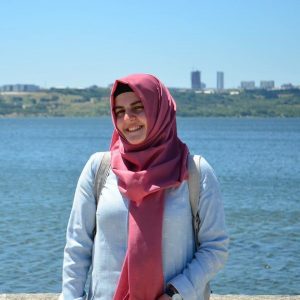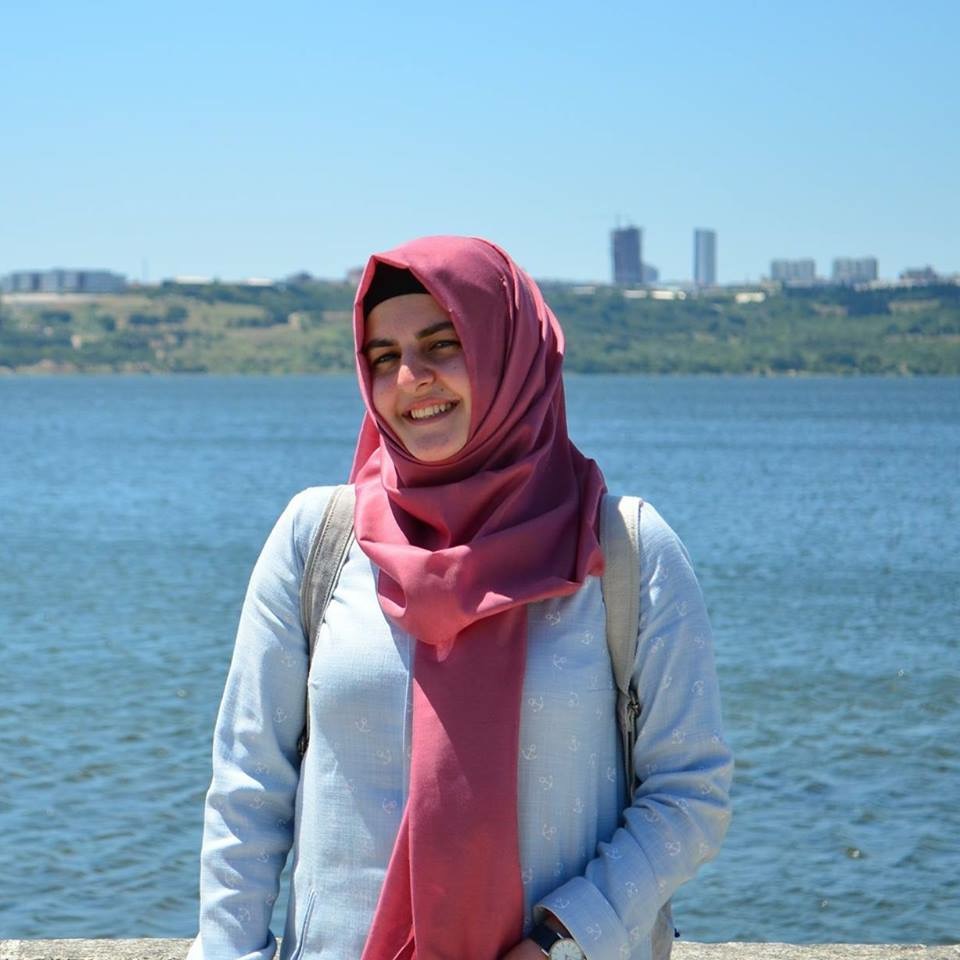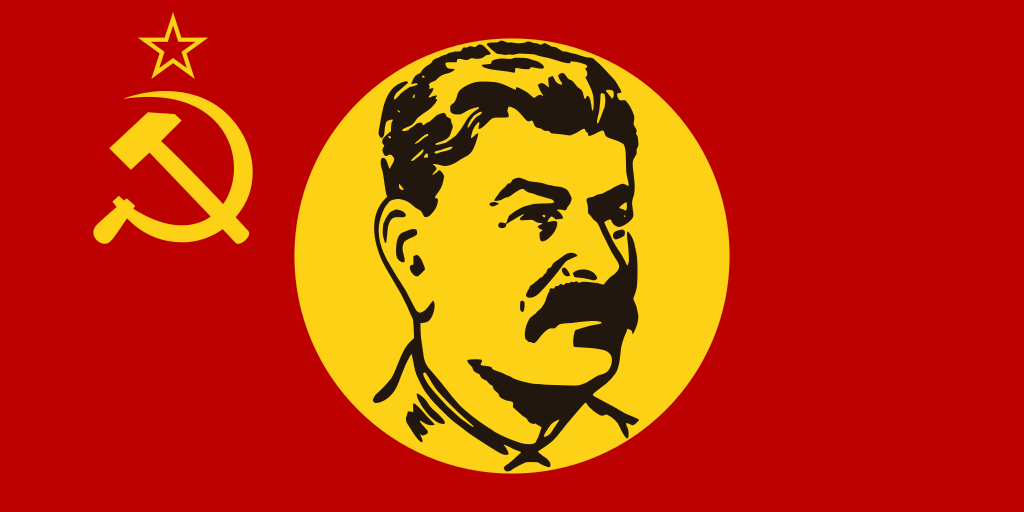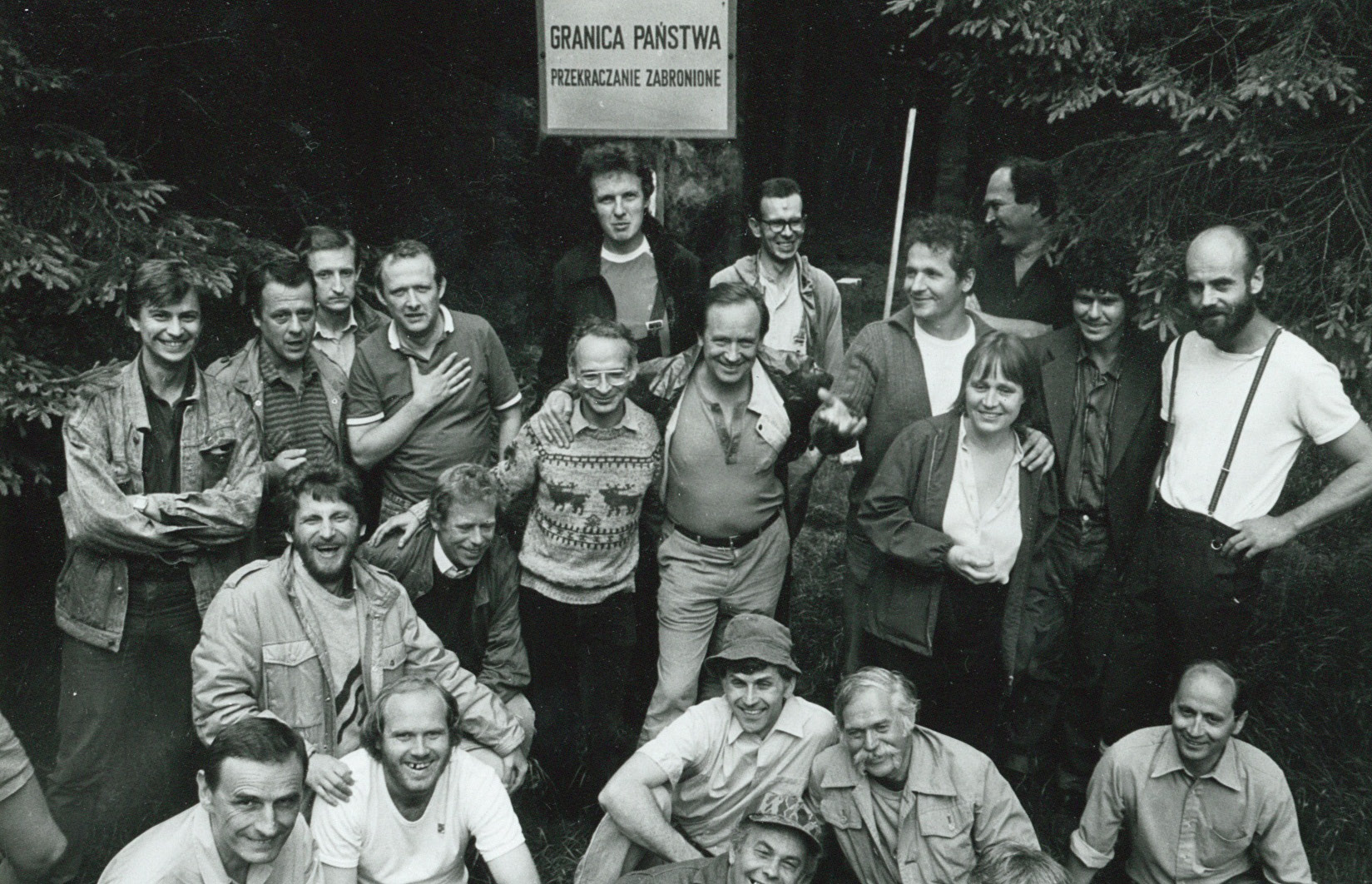[vc_row][vc_column][vc_column_text]

Journalist Nur Ener
It was around 2am on the morning of 3 March 2017 that Turkish police broke the door open to the apartment of Nur Ener, a journalist who works for the daily Yeni Asya. Her house was searched. She was held in custody for three days at the Kocasinan Police Department detention centre in complete isolation before she was arrested on 6 March.
A court ordered her arrest on charges of being affiliated with the Fethullah Gülen network, a religious community which Turkish authorities claim is behind Turkey’s July 15 failed coup. Since then, she has been imprisoned in Bakırköy Women’s Prison in Istanbul. As an alleged member of the group involved in the coup, she is allowed only 45 minutes of family visits a week and only an hour to consult with her lawyer. She is barred from all written communication with the outside world.
It later emerged that her arrest was based on a tip-off from a former flatmate, who was likely coerced into providing names to go free in Turkey’s increasingly Kafkaesque judicial system, where letters or emails are accepted as enough evidence to be arrested on very serious charges by Turkey’s controversial Criminal Judicatures of Peace. Currently, over 150 journalists are imprisoned in the country, almost all accused of terrorism charges, both as part of and outside the coup investigation.
Life before journalism
Nur was born in the city of İzmir in 1991 to a devout Muslim family. Her father, Uğur Ener, is a furniture seller and her mother, Nazan Ener, a housewife. The couple has another daughter, Rana Ener, who is two years older than Nur.
As a child, Nur was very active and curious, according to her mother Nazan Ener. She was a very good student at school but also had a seemingly limitless energy for a wide range of extracurricular activities, from horseback riding to archery. She was brought up in İzmir and lived there, until her admission into the Communications Department of Erzurum University in 2010.
As a leading member of her university’s Communications Student Club, she often organised panels. During such one event, she met with Kazım Güleçyüz, the editor-in-chief of Yeni Asya, the flagship newspaper of a community in Turkey which profoundly respects and adheres to the Risale-i Nur a collection of treatises offering interpretations of the Quran by the 19th-century Sunni theologian Said’i Nursi.
She interned at the newspaper that summer, and was hired formally in 2015, shortly after her graduation.
“When she was four, we were in the yard and her father asked her to bring something. She said she couldn’t walk in that direction because she didn’t want to step on the ants walking outside. She was always very compassionate,” Nur’s distraught mother said.
“Nur was always respectful of other people’s opinions,” she continued. She mentioned the name of a neighbor, whom she referred to as “our grandfather,” a staunchly secular old man, who “had a complete opposite worldview” from the Ener family. “One day, she saw him painting the yard wall, and she jokingly said ‘Grandfather Mevlüt, I can’t let you tarnish your charisma like that with that paint roller!’ and painted the wall herself.”
Most staff at Yeni Asya agrees that Nur is a natural peacemaker, a born mediator. Her mother remembers: “When she was just a schoolgirl, she once forced us to have a positive dialogue with a neighbor who had yelled at Nur for playing soccer infront of her house.” The neighbor was surprised when Uğur Ener politely asked the neighbor what was wrong, instead of arguing for yelling at her daughter. The neighbor never found out that this had happened on Nur’s demand, and in fact Uğur Ener was initially very angry at him.
Assertive journalist
“I shared a flat with Nur,” said Ülker Caba, a fellow editor at Yeni Asya. “She is a very active person. Before she started working at Yeni Asya, she was involved in various projects in the media. For example, I remember she contributed to Bianet [Independent News Network, a secular news website in Turkey with a good reputation for its journalism, funded by SIDA] . She is a great journalist. She was always very insistent about getting interviews for example. She would call a person a thousand times to make sure that she would get an interview.”
“She was very social and very engaged. Starting these Periscope sessions was her idea,” said Kazım Güleçyüz, who met me in his office at Yeni Asya minutes after completing a morning Periscope broadcast on Yeni Asya’s Twitter account. “We often broadcast these together with Nur,” he said.
Ener’s boisterous and energetic personality also made her an active person outside work. “We cycled or took strolls along the shore on the weekends,” says Recep Kılınç, Nur’s fiancé, who works at the newspaper’s accounting department. The couple had set a wedding date for 29 April. Rana, Nur’s sister, was looking for a wedding gown a few days before her arrest.
“She also loved reading, we would talk for hours and sometimes go star-gazing at night.” Kılınç cannot visit his fiancée in prison as per the restrictions imposed on journalists arrested as part of the coup investigation under Turkey’s State of Emergency rules, which went into force on 20 July, five days after the coup attempt.
Speaking of Nur’s initial detention, Kılınç said: “There wasn’t a single female police officer when they came to her house. All male officers raiding the house of a woman who lived alone in the middle of the night,” a deeply offensive act for the devout family. “They seized her laptop, her books; they left the house a mess.”
Interviews that disturbed some
But why was Nur detained and later arrested, nearly after seven months after the coup attempt? Her family says that a former flatmate of Nur had given her name to the police after being detained herself shortly after the coup attempt. She later called Nur and admitted what she had done, and even apologised. Turkey’s so-called “repentance law” allows suspects to be released if they provide more information about an organisation. Still, her newspaper and family find it perplexing that the police would wait so long to continue the investigation. Could it be a message to Yeni Asya, which has so far been spared in the post-coup decimation of news outlets in Turkey? 160 media organisations have been shut down under several Cabinet Decrees under the post-coup State of Emergency rule.
The answer could be a yes, according to Yeni Asya editor-in-chief Güleçyüz. “It is possible. She recently published some reports that disturbed [the Turkish government]” he said. “Most recently, she published an interview with Fatma Bostan Ünsal,” who parted ways with the Justice and Development Party over differences in opinion after being one of its founders. “The interview criticised the State of Emergency implementations. Its headline quoted Ünsal saying ‘We were freer in Feb. 28,’ a reference to the 1997 unarmed military intervention against a religious-minded government, which caused much grievance among Turkey’s conservative segments, who were profoundly affected by the intervention.
Unclear charges
Because there is a confidentiality decision on the investigation, Nur’s lawyers have not been formally informed of the charges she faces. Nor have they been able to see any document pertaining to the investigation. According to the arrest ruling, she was arrested for having downloaded ByLock, a little-known mobile chat application which Turkish officials say was used only by the members of the Fethullah Gülen network. Although the National Intelligence Agency itself has said that the use of ByLock by the group ended long before the coup, thousands have been arrested for downloading the app.
Nur was put under arrest by a ruling of the 4th Criminal Judicature of Peace. An objection filed by her lawyers to another Judicature of Peace was not processed at any point. However, it recently appeared that an indictment has been prepared and submitted to a court — a rare and positive development in Turkey, a habitual offender in terms of using pre-trial detention as a form of punishment for journalists — and Nur will soon be tried by the 26th High Criminal Court, to which the objection was referred; a procedural violation. A court date has yet to be set.
“We are hoping for her release. The fact that they haven’t rejected our objection might mean that she might be released any time,” Güleçyüz said.
Kılınç agreed, smiling optimistically, he said: “Yes, we start every new day with that hope.”[/vc_column_text][vc_column_text]
Turkey Uncensored is an Index on Censorship project to publish a series of articles from censored Turkish writers, artists and translators.
[/vc_column_text][/vc_column][/vc_row][vc_row][vc_column][vc_basic_grid post_type=”post” max_items=”4″ element_width=”6″ grid_id=”vc_gid:1491296439514-9b2a04ec-9c56-3″ taxonomies=”8607″][/vc_column][/vc_row]






